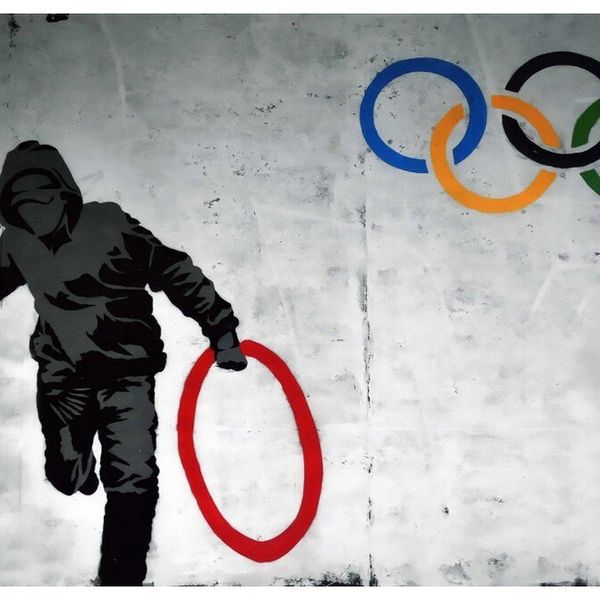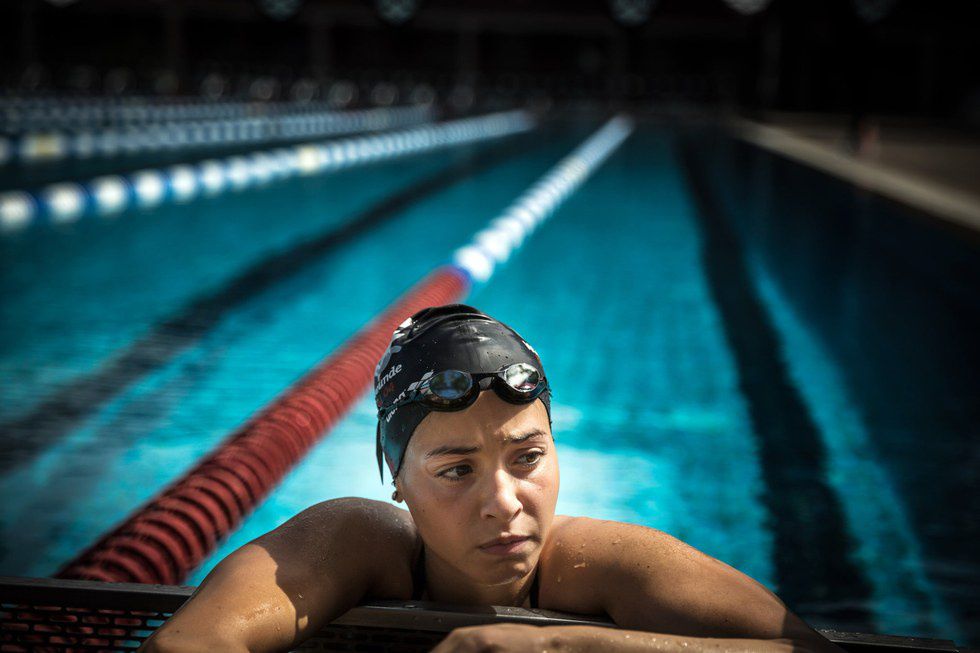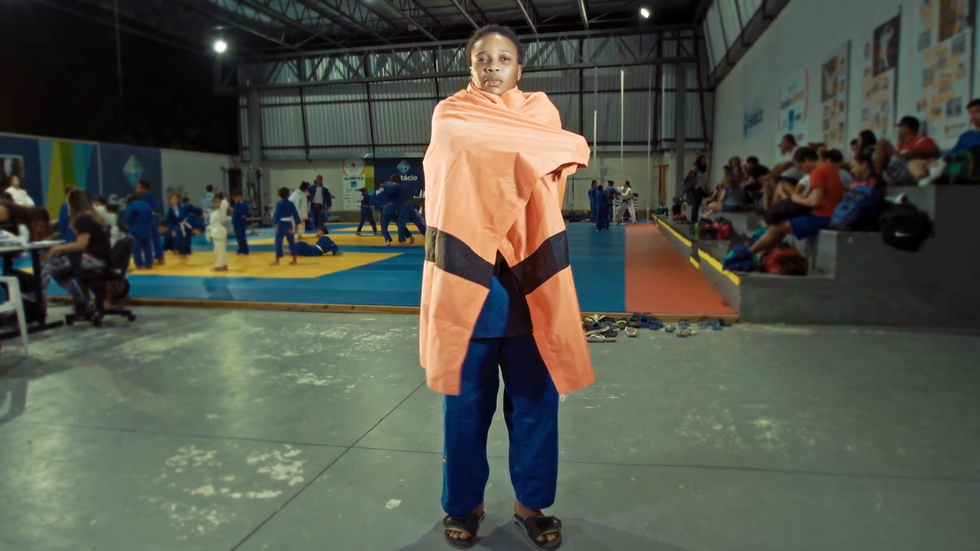A major part of the Olympics deals with national pride, but there is a team of 10 individuals who do not represent their home country like other participants. In March 2016, it was announced that the Rio Olympics would host its first refugee team, allowing for individuals who have fled their war-torn countries to still have the opportunity to participate in the worldwide athletics competition.
It is an incredible accomplishment to be able to even participate in the Olympics. It takes a tremendous amount of hard work, dedication and courage. But then you have the Olympic refugee team that takes these attributes to the next level by overcoming extraordinary obstacles along their journey. These athletes faced tremendous hardship and tragedy that many of us could never even begin to imagine. Their homes and their lives were torn apart. Despite the odds being against them, they fled the nations that were once their homes and qualified to take part in one of the greatest games I could never even dream of being a part of.
These athletes provide a story I find more exceptional than a lot of the ones we have or will come across during the Olympics. Each athlete has their own personal story but together, this team has one of the biggest to tell - the story that is the world's refugee crisis. And at the Olympics, the world is their stage.
This team illustrates that refugees are their own human beings with goals, dreams and feelings. We are able to see them as individuals and it therefore becomes a lot harder to dissociate ourselves from the problem and a lot easier to empathize with their cause. They each come with their own exceptional personal stories as well. The story of 18-year-old Yusra Mardini was recently brought to my attention. Mardini is one of two athletes on the refugee team competing in swimming. She was originally from Syria but fled about a year ago on a refugee boat carrying nearly 20 people. When the boat failed to work, Mardini and three others swam for three hours pushing the boat from Turkey to Greece. This young girl's gift saved her life and the life of others, and that is an accomplishment I find much greater than the Olympics.
It is individuals like Mardini who have truly earned and deserved their spot at the Olympics. It is such a good decision on behalf of the Olympic committee to allow these athletes to have the same opportunity as other athletes representing their countries. I have the utmost admiration and respect for the nations and people who took in these athletes, and for those who worked with them to make it this far. They have helped give the athletes the opportunity to thrive when such an opportunity had seemingly been taken away from them.
While the athletes were introduced in the Rio Opening Ceremony represented by a flag with the Olympic rings, a new symbol has been developed for the team. Artists working on behalf of the refugee nation created a flag for these athletes and for the growing number of refugees. The flag consists of an orange background with a single, horizontal black band through the center. A Syrian refugee who developed the flag explained that it is meant to bear similarity to the life vests many refugees have had to wear to flee their homes. While the flag has not yet been approved for the Olympics ceremonies, its creation still sends such a strong message and symbolizes such an important group of people.
With any luck, the refugee team at the Olympics has opened the eyes of other nations and people, and provided a new outlook on the refugee crisis for those that need it. We need to see refugees not as a burden on nations but as people who are looking to secure safety - a home - something that everyone should have. The Olympics, in supporting the participation of its refugee team, has demonstrated the level of compassion and support that all people and nations should exercise even beyond the Olympics. These individuals had to put their lives on hold but fortunately they did not have to put their dreams on hold.
They are hope personified.























